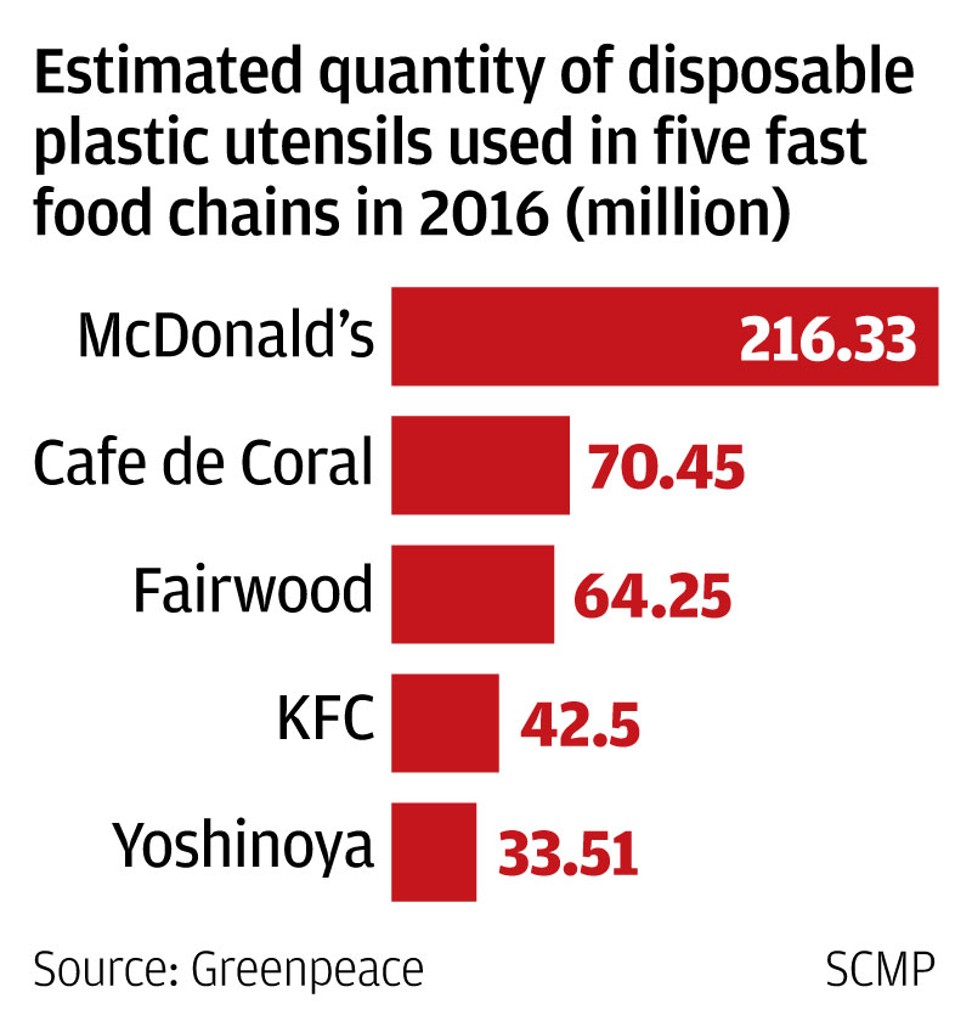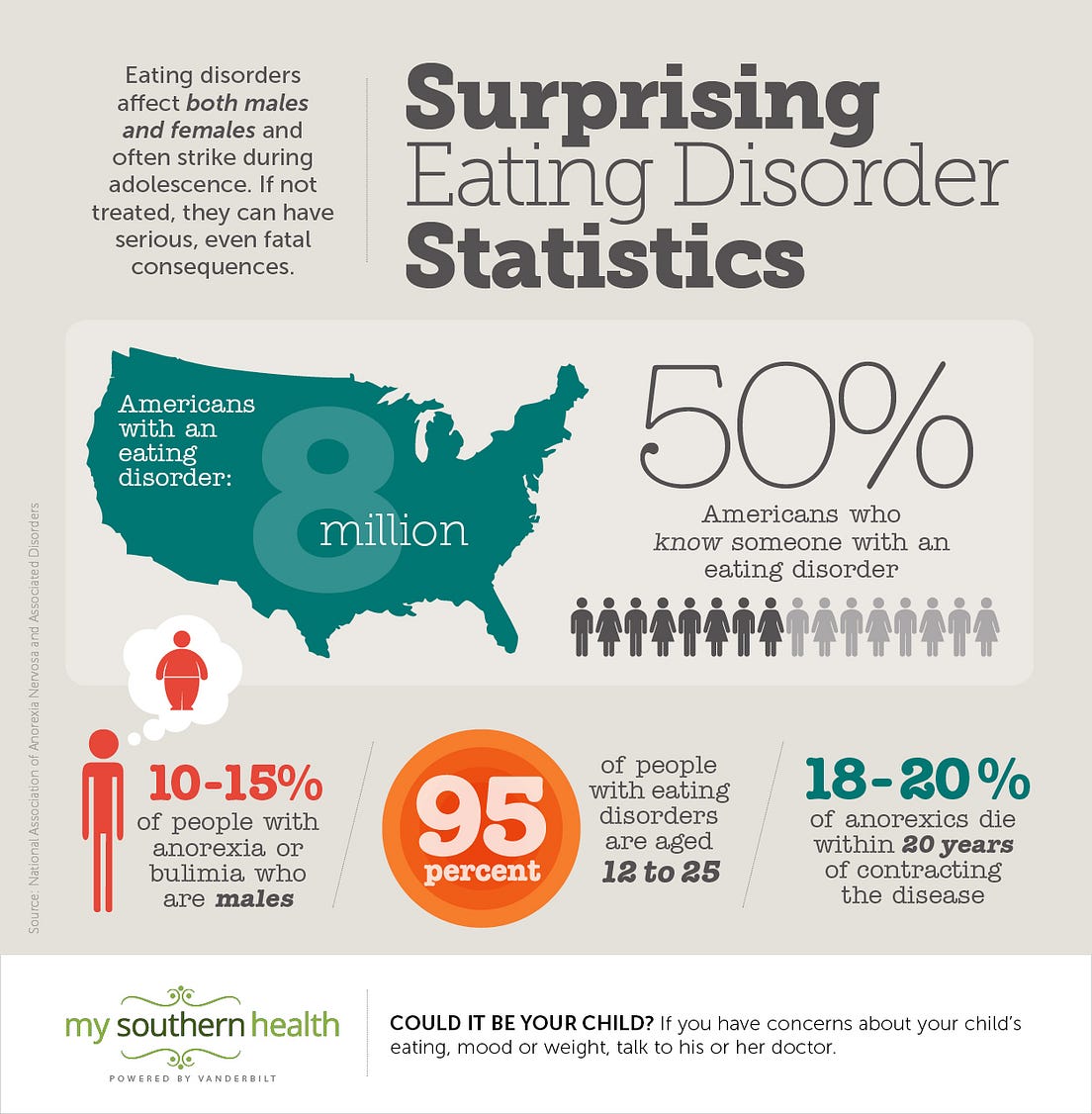Waste csrwire
Table of Contents
Table of Contents
Did you know that each year, billions of tons of food are wasted all over the world? This is a huge problem that has both economic and environmental consequences, and it affects the fast food industry as well. In this blog post, we’ll take a closer look at fast food waste statistics, and why they matter.
The Pain Points of Fast Food Waste Statistics
Fast food waste statistics can be pretty shocking. For instance, did you know that in the US alone, more than 20 billion pounds of food is wasted in fast food restaurants every year?
One of the biggest pain points related to fast food waste statistics is the sheer amount of food that is being thrown away on a daily basis. This is a waste of valuable resources, and it has a negative impact on the environment.
The Target of Fast Food Waste Statistics
The target of fast food waste statistics is to raise awareness about the amount of food that is wasted in the fast food industry, and to encourage restaurants to take steps to reduce this waste. This can be done by implementing better inventory management systems, improving food labeling practices, and educating staff about the importance of reducing food waste.
Summary of Fast Food Waste Statistics
Fast food waste statistics reveal that billions of tons of food are wasted each year, and that the fast food industry is a major contributor to this problem. By raising awareness about this issue and encouraging restaurants to take steps to reduce waste, we can help to minimize the impact on the environment and reduce the amount of valuable resources that are wasted.
Why Fast Food Waste Statistics Matter
Fast food waste statistics matter because they provide us with a clear picture of the scale of the problem. When we understand just how much food is being wasted in the fast food industry, we can take action to address the issue.
Personally, I have seen the effects of fast food waste firsthand. While working in a fast food restaurant during college, I saw how much food was being thrown away at the end of each day. It was shocking to see how much perfectly good food was being wasted, and it made me realize just how big of a problem food waste really is.
The Role of the Fast Food Industry in Food Waste
The fast food industry plays a significant role in food waste. One of the biggest culprits is overproduction - restaurants often prepare too much food in order to meet demand, which leads to a surplus at the end of the day. On top of that, many fast food restaurants have poor inventory management systems, which can lead to food spoilage and waste.
Another issue is the way that food is labeled. Many fast food restaurants have confusing or unclear labeling practices, which can lead to food being discarded prematurely. By improving labeling practices and educating staff about the proper way to manage inventory, fast food restaurants can help to minimize waste.
The Importance of Reducing Fast Food Waste
Reducing fast food waste is important for a number of reasons. First, it can have a positive impact on the environment by reducing the amount of valuable resources that are wasted. Second, it can help restaurants to save money by reducing their food costs. And finally, it can improve the overall sustainability of the fast food industry.
Tips for Reducing Fast Food Waste
If you’re looking for ways to reduce waste in the fast food industry, here are a few tips:
- Improve inventory management systems to reduce overproduction
- Improve food labeling practices to reduce premature discarding
- Educate staff about the importance of reducing food waste
- Implement recycling and composting programs
Question and Answer
Q: What are some of the environmental consequences of fast food waste?
A: Fast food waste can contribute to a number of environmental problems, including greenhouse gas emissions, water pollution, and land degradation. This is because food waste that is sent to landfills can release methane gas as it decomposes, which has a negative impact on the environment.
Q: How does fast food waste affect the economy?
A: Fast food waste can have a significant impact on the economy. When food is wasted, it represents a loss of valuable resources, including labor, energy, and materials. This can have a negative impact on both individual businesses and the economy as a whole.
Q: What are some other industries that contribute to food waste?
A: While the fast food industry is a major contributor to food waste, other industries also play a role. These include supermarkets, restaurants, and households, among others.
Q: What can individuals do to reduce fast food waste?
A: There are a few things that individuals can do to help reduce fast food waste. These include ordering smaller portions, taking leftovers home, and choosing restaurants that have recycling and composting programs in place.
Conclusion of Fast Food Waste Statistics
Fast food waste statistics highlight the scale of the problem and the need for action. By raising awareness, improving inventory management systems, and educating staff about the importance of reducing waste, we can help to minimize the impact of fast food waste on the environment and the economy. Let’s work together to make a positive change!
Gallery
Food Waste In Restaurants - RMagazine | Food Waste Infographic, Food

Photo Credit by: bing.com / waste food facts restaurant statistics restaurants infographic management data safety poster industry stats business reduce infographics insecurity magazine healthy technology
😂 Mcdonalds Food Waste Statistics. How Many McDonald’s Cheeseburgers

Photo Credit by: bing.com / waste food statistics hong kong mcdonalds mcdonald fast restaurants plastic scmp chain tops list most rethink greenpeace
Source: Http://atozsolutions.com/21-shocking-u-s-food-waste-facts

Photo Credit by: bing.com / food waste america statistics year korea south wasted much facts amount hunger infographic need less could percent feed recycling info
The Cool Innovation Helping Farmers In Kenya Cut Food Waste | World

Photo Credit by: bing.com / food waste kenya farmers helping cut cool agriculture produce
Eat The Ball® Creates Awareness Of World Bread Day (10/16) In The US

Photo Credit by: bing.com / waste csrwire





